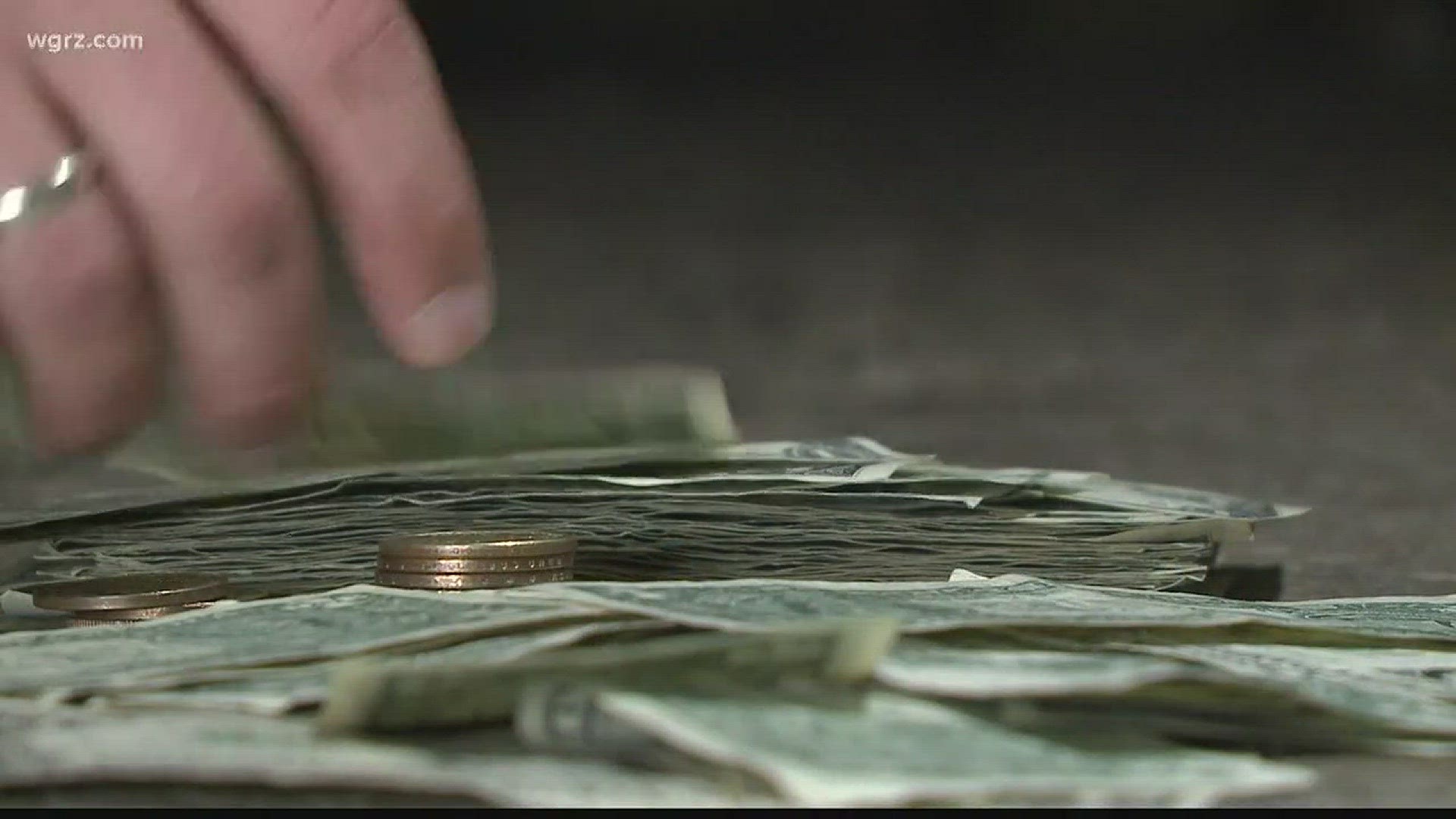BUFFALO, NY – New York State is continuing to explore potential “work arounds” for the loss of the state and local income tax deduction under the new federal tax laws.
In addition to the concept of replacing its income tax on wage earners with a payroll tax on their employers, an idea Gov. Andrew Cuomo concedes is fraught with complications, New York is joining other high tax states in eyeing the creation of so called charitable organizations.
In theory, residents could make "donations" to the state to pay for programs and services in lieu of paying their no longer deductible income taxes, thus allowing those "charitable contributions" to be deductible on their federal returns.
At his budget presentation on Tuesday, Cuomo confirmed New York will join other states like California and New Jersey, in studying the concept.
Others, however, express doubt about the feasibility of such ideas.
“I don't know how the IRS would even acknowledge and accept that,” said Chris Fabian, Vice President of EG Tax Services, who has been preparing taxes for 30 years.
The republican backed tax reforms limited deductions for state and local taxes in order to help offset the broad tax cuts approved as part of the plan.
If millions of taxpayers suddenly began taking massive amounts of new deductions in the name of charity, however, it could create a drain on federal resources by cutting into the revenues the GOP plan meant to raise to help pay for tax cuts.
But beyond that Fabian sees other problems, noting that even if the state were able to hastily (or even very carefully) create some charitable entity, there are still current laws to take into account when it comes to charitable contributions.
“If you get anything in return for your charitable contribution, the value of whatever you receive is not deductible," said Fabian. “So if you are getting your streets plowed, or your child’s education in return for paying something to some ‘charity’, that would not be deductible.”
Fabian notes another potential pitfall with this "end run" by the Governor, is that the IRS insists that charitable contributions be voluntary, and made out of a charitable impulse...even if for some public purpose to help government or schools, which (at least conceptually) could accept donations from residents in lieu of property taxes.
"So, if your property taxes are $8,000 how are they going to make you pay that as some sort of donation to a charity? Because if it’s a donation to charity, I may not want to give anything at all."
In the end, Fabian says he views the ideas being explored as moves of desperation by leaders of high tax states, who might be faced with making hard decisions on their own tax structure, and getting the amount collected from their residents more in line with other states.
"I feel sorry for Governor Cuomo…I know some might describe what he’s trying to do as an ‘end run’, but I’d say he is more like the quarterback of the Minnesota Vikings against the Saints,” said Fabian, referencing the miracle finish of a recent NFL Divisional Playoff game.
“He’s throwing up the Hail Mary and hoping that defensive back for the Saints doesn't make the tackle."
The Internal Revenue Service has yet to take an official position on the ideas being explored by the states because they are for now just concepts, none of which have actually presented a plan upon which the IRS could render an opinion or decision.
However, U.S. Treasury Secretary Steven T. Mnuchin recently described the idea of taking a required tax payment, and "dressing it up as a charitable contribution", as, “ridiculous”.

